After summarising Legal Tech New York as such yesterday, we would here like to add some more reflections from the event.
One such reflection is that most law firms working with innovation and business development seem to focus on processes and changed roles for people involved. The technology solutions are here secondary, to support the new processes, so new cool technology stuff has not yet become that relevant here. The new working method for law firms seems to be about putting the client in focus and to build an organisation and internal processes to support the need of the clients better, though with the restriction that the whole process and organisation is focused on the law firm together with the client. The law firm does not seem to include external solutions and providers for a better client support.
Changes in the legal sector can be seen in two dimensions; the client and the lawyer perspective.
For the clients – the customers – we can see new entrepreneurs combining their lawyer background with ideas of changes that are needed for the legal sector, building solutions such as SmartContracts, AirbiClaims etc that can give more people access to justice and legal advice. This is legal advice delivered instantly without any obstacles such as first finding a lawyer, booking a meeting etc combined with a low fixed price. These solutions are initially focusing on the consumer or small business sector but can eventually be further developed towards bigger companies.
We now also see changes for the lawyer. We will probable soon have more flexible lawyers working from a distance but we will also see new roles for lawyers. Professor Richard Susskind has since long predicted this by defining several different roles of the lawyer and maybe we now we can see this coming. When for example handling complex cases there is a differentiation between lawyers being in a strategic role, lawyers focusing on tactics in different parts of the process and research lawyers supporting different parts of the case. More important though is the new role of technology. Crucial for developing new solutions based on AI etc seems to be that we have lawyers with coding knowledge and lawyers with extensive knowledge in how the logic works etc. This could be for example the role of Legal Knowledge Engineer that Susskind described in his book “The end of lawyers?”.
With these new online legal solutions emerging, making legal advice more accessible, and a new generation of lawyers with different forms of specialisation, we might receive a new legal market situation. The first question when seeking legal assistance might be what kind of support is needed, can I use an online solution or do I need to turn to a person? The next question then is whether I should turn to a Legal Process Outsourcing firm, a Legal Service Provider, a law firm or some specialist lawyer directly.
If we have a wide spectrum of legal providers and legal solutions, the role of the traditional law firm might change substantially.

